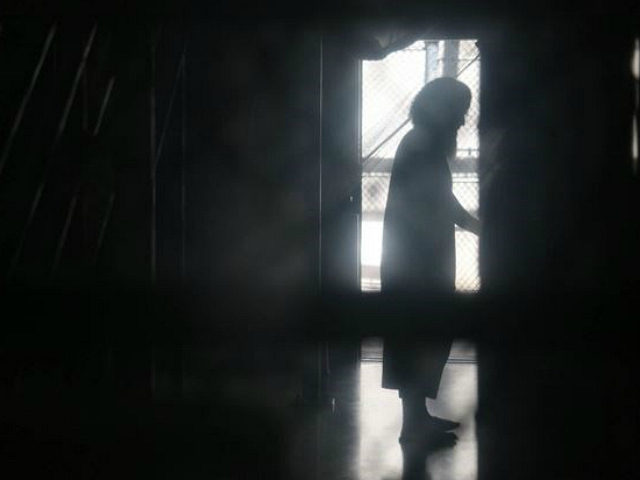Defense attorneys for Guantanamo Bay jihadists accused of the September 11, 2001, attacks on the U.S. homeland are requesting a probe into whether government spy agencies are eavesdropping on their confidential conversations with their defendants.
In 2009, a U.S. federal appeals court ruled in favor of the government’s refusal to admit or deny whether it has carried out warrantless eavesdropping on Guantanamo Bay detainees and their lawyers.
The Miami Herald learned from Air Force Capt. Brian Brady, the defense attorney for alleged Sept. 11 plot deputy Walid Bin Attash, that “at issue is the ability of lawyers to meet, plan and confidentially hear from the accused terrorists — who spent years in CIA secret prisons — about ‘the private, most secret and most terrifying moments of their life.’”
“If this were a normal case, that would be remote. I would expect you to laugh me off the podium,” proclaimed Brady. “This is the 9/11 case.”
Some of the defense attorneys conceded that evidence of government spying could lead to the dismissal of cases against their clients who are still being held at the U.S. military prison at Guantanamo Bay, Cuba.
The U.S. intelligence community is allegedly using CIA censors to remotely mute sound from the court, FBI agents to spy on defense teams, and “attorney-client meeting room smoke detectors that turned out to be listening devices,” claims Brady.
On Tuesday, five teams of layers and Military Judge Army Col. James L. Pohl devoted time to discussing the spying allegations implicating the U.S. intelligence community — CIA, FBI, NSA, FISA — eavesdropping on the privileged conversation.
Meanwhile, lead case prosecutor Ed Ryan and other members of his team remained silent most of the time, saying the investigation request by the defense attorneys did not merit the court’s attention.
The prosecutor team has discovered no evidence of surveillance, noted Ryan, adding that his side had “no intention to divert public resources” to pursue baseless allegations.
Finding evidence of surveillance has “no logical or legal relevance to these proceedings,” he added
Ryan reminded everyone at the alleged spying hearing that the case “was about the terror attacks by suicide hijackers that killed 2,976 people on Sept. 11, 2001, and the investigation that followed,” points out the Herald.
Nevertheless, the defense lawyers are steadfast in convincing the judge to launch an investigation into whether the U.S. intelligence community is spying on them.
“Defense lawyers want the judge to order prosecutors to find out if any U.S. intelligence agencies have been listening in on their meetings with their clients, phone calls and conversations, or reading their email. They also want to know if any of them are subject to warrants from the super-secret Foreign Intelligence Surveillance Act Court (FISA),” reports the Miami Herald.
Allegations of spying on defense lawyers are not unprecedented.
Defense attorney James Harrington recently noted that he once discovered a spy amongst his employees.
“This is not idle speculation,” mentioned Harrington, reminding that he had discovered “a snitch operating in my team, taking private attorney-client documents and giving them to the FBI.”
In 2014, lawyers for Guantanamo prisoners accused of the Sept. 11, 2001, attacks requested a hearing into what they referred to as FBI intrusions into their confidential communications with their clients.

COMMENTS
Please let us know if you're having issues with commenting.